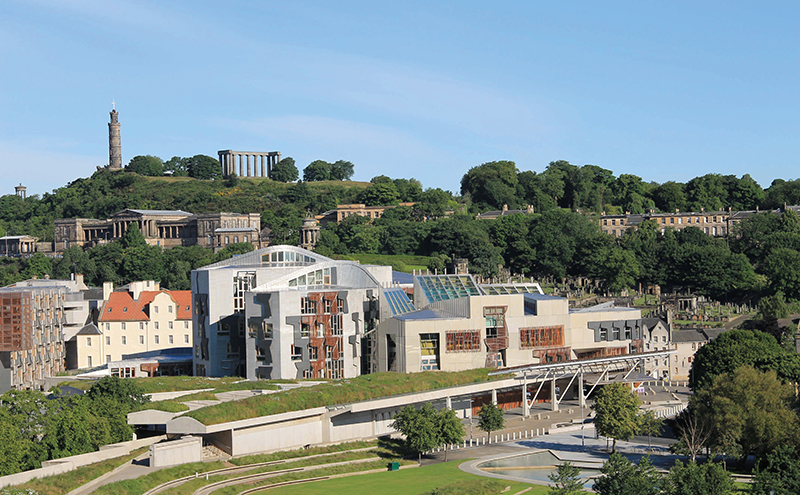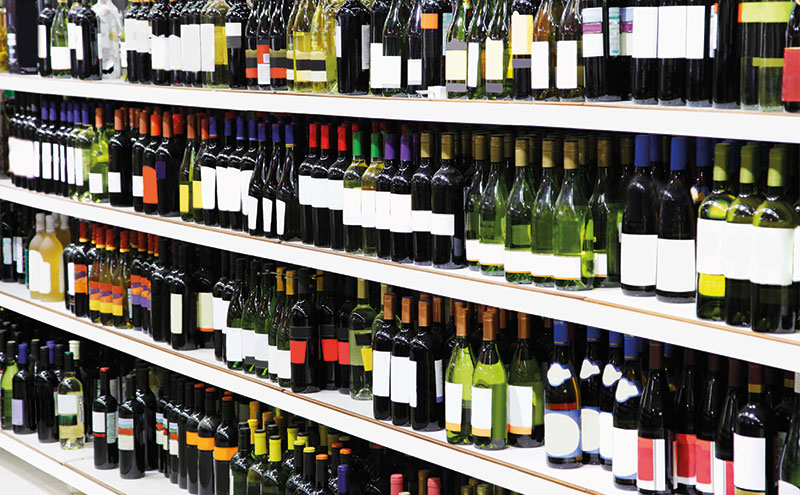Campaign to prevent children’s ‘exposure’ to alcohol continues

“JINGS, crivens, help ma boab” – that was the Scottish Farmer newspaper’s apoplectic response to reports that the Scottish Government could be set to ban alcohol at Highland games.
And Highland MSP Jamie Halcro Johnston was positively fuming. He didn’t mince his words: calls for the prohibition were “utterly ridiculous”.
From Westminster, Andrew Bowie – an equally outraged north east MP – wrote to Fergus Ewing, Holyrood’s rural economy secretary, warning of the damaging effect on the Deeside economy.
Highland games events without a beer tent would, he said, have “very few attendees”: no tent, no show.
It was a perfect storm.
This almighty row kicked off when NHS Lothian responded to a Scottish Government consultation on the updating of the guidance issued to licensing boards under the Licensing (Scotland) Act 2005.
It’s important to set the record straight, so I’ll quote out exactly what it said: “It should be stated [in the guidance] that occasional licences are not normally (my emphasis) granted for events that are aimed at children and families, such as school fairs, school discos and gala days.”
In the newspaper story that lit the touch paper the word “normally” disappeared; and, in all fairness, it’s as well to make it clear that NHS Lothian wasn’t calling for a blanket ban.
But the Highland Alcohol and Drug Partnership (of which NHS Highland is a member) appeared to take a tougher approach.
The partnership urged the refusal of a licence for an event “that is for children and young people”, giving as examples “football tournaments and family fun days”.
The reason: “because of the potential harm”.
According to The Herald newspaper, it looked like “games over” for rural community events.
Citing a passage in the Scottish Government’s latest Alcohol Framework (2018) – “an alcohol-free childhood is the healthiest and best option” – the paper’s columnist concluded, “there is every reason to believe the government will act on the proposal to ban alcohol from family events”.
Of course, such a draconian step would have far-reaching consequences: children banned by law from attending the likes of birthday parties and wedding receptions where alcohol was sold.
For the Scottish Government, the spin on the story became just too much.
Understandably so, when a Highland games organiser accused ministers of “putting out mixed messages”, telling The Scotsman newspaper: “On one hand it wants children to learn about safe drinking then appears to be looking at ways of stopping it happening at all.”
So, a spokesperson stepped in and made it plain that the stories were inaccurate, there was no plan to ban occasional licences for beer tents at social gatherings and the government was simply looking at responses to the guidance consultation.
A storm in a teacup, you might think. The sort of story that fills column inches when the summer ‘silly season’ drives newspapers to desperation.
The question as to whether children should be allowed to attend events of any sort when alcohol is available will remain a matter for the judgment of licensing boards.
But the long-running campaign to prevent children’s “exposure” to alcohol will go on and on.
In the wake of the Highland games wrangle, BBC Radio Scotland’s morning call-in programme asked listeners, “Is it time to stop drinking in front of your kids?”
Alison Douglas, chief executive of Alcohol Focus Scotland, recounted feedback from discussion about alcohol with members of the Scottish Youth Parliament.
The children talked about “where during the day they saw alcohol”.
Ms Douglas was “pretty shocked when they were sort of saying they see it first thing in the morning when they open the fridge because there’s beer and wine in the fridge”.
We’ve come a long way from very proper concerns about the harm caused by so-called underage drinking.
It seems we now need to do something about children being present when alcohol is consumed – better still, we should make sure they can’t even see alcohol.

Jack Cummins is one of Scotland’s leading licensing lawyers. Every month he writes on licensing law and answers readers’ questions in SLTN.
Do you have a legal question for Jack Cummins?
Email sltn@peeblesmedia.com or write to Legal Clinic; freepost PEEBLES MEDIA GROUP
Jack Cummins is unable to enter into personal correspondence on readers’ questions. The advice offered in SLTN is published for information only. No responsibility for loss occasioned by persons acting or refraining from action as a result of material contained in SLTN can be accepted by the author or publisher.























